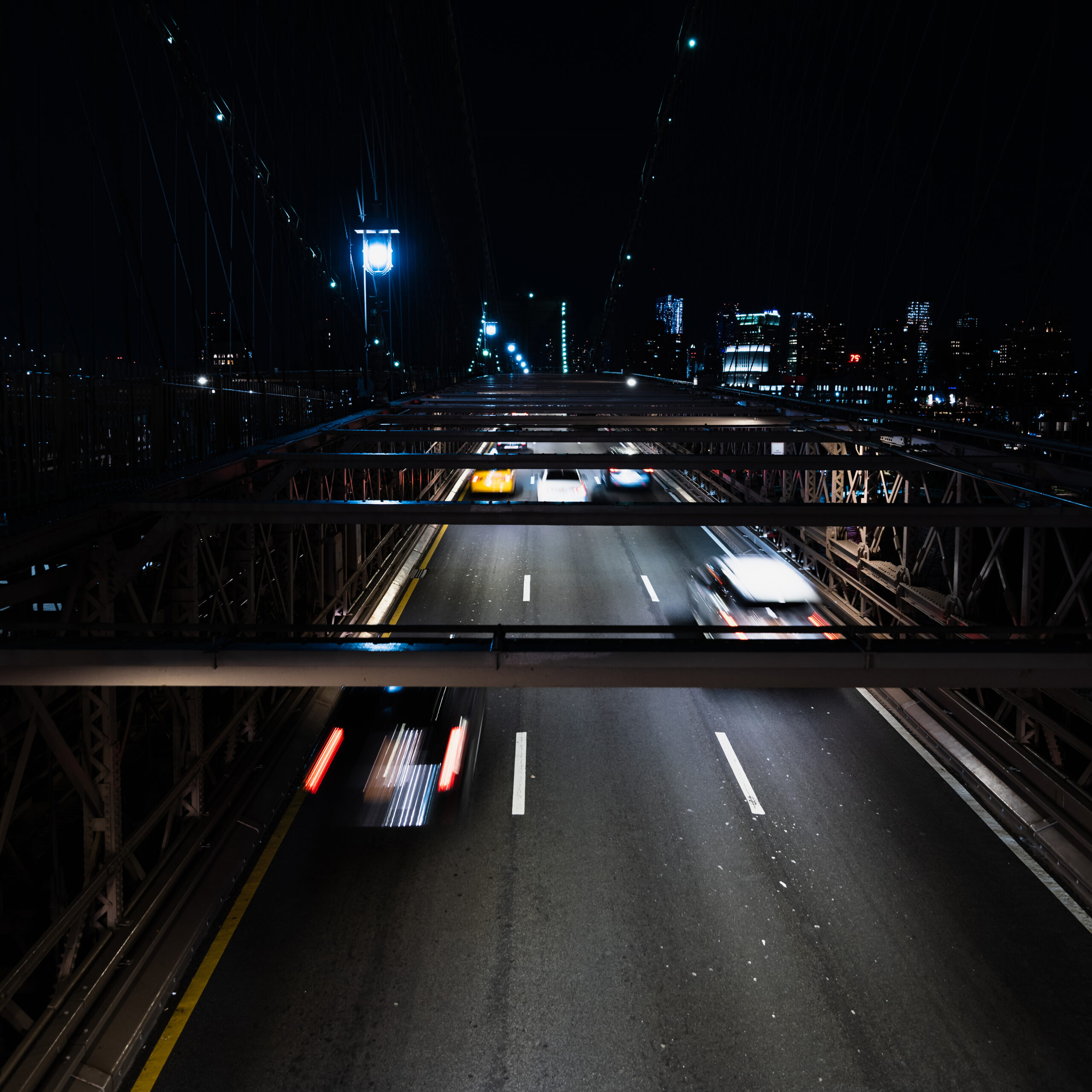Have you ever struggled to see clearly at night and wondered if it’s something more than just dim lighting? If navigating in the dark feels unusually difficult—whether you’re driving after sunset or walking through a low-lit room—you could be experiencing night blindness.
At Eyemastr, we believe that early awareness is key to better eye care. In this article, we’ll explore what night blindness is, how to identify its symptoms, what causes it, and how to manage or prevent it for better night-time vision.
What Is Night Blindness?
Night blindness, medically known as nyctalopia, refers to difficulty seeing in low-light or dark conditions. It’s not just about needing time for your eyes to adjust—it’s a more serious limitation in your ability to see in environments like dimly lit restaurants, poorly lit streets, or during dusk and dawn.
People with night blindness often find it hard to drive at night, may trip or bump into objects in dark spaces, and generally avoid going out after sunset due to vision limitations.
Symptoms of Night Blindness
Here are common signs to watch for:
- Trouble seeing in dim or low light
- Long adjustment time when moving from bright to dark spaces
- Poor night driving vision
- Increased likelihood of bumping into things or falling
- Avoidance of nighttime activities due to discomfort
While these symptoms don’t always confirm night blindness, they are important signals that it may be time to consult an eye care professional.
Common Causes of Night Blindness
Night blindness can be caused by a variety of conditions, both treatable and chronic. Understanding the underlying cause is essential for effective treatment:
- Vitamin A Deficiency: Essential for retina function; deficiency impairs low-light vision.
- Retinitis Pigmentosa: A hereditary retinal disorder that progresses over time.
- Cataracts: Clouding of the eye lens reduces light entry, affecting night vision.
- Glaucoma: Some treatments for glaucoma may cause night vision problems.
- Diabetes: Can damage blood vessels in the retina and impair night vision.
- Myopia (Nearsightedness): Often worsens in low-light environments.
- Aging: Natural age-related changes can lead to reduced night vision over time.
Additionally, air pollution and poor sleep hygiene—especially in regions like Delhi NCR—are increasingly contributing to eye strain and reduced low-light vision.
How Is Night Blindness Diagnosed?
A diagnosis begins with a comprehensive eye exam. Your doctor may:
- Check your vision and retinal health
- Review your medical history and diet
- Perform specific tests such as:
- Electroretinogram (ERG)
- Visual Field Test
- Adaptometry Test
These assessments help determine the root cause and guide the treatment plan.
Treatment Options for Night Blindness
The right treatment depends on the underlying cause. Some of the most effective approaches include:
1. Vitamin A Supplementation
If a deficiency is identified, your doctor may recommend dietary adjustments or supplements. Foods like carrots, spinach, and sweet potatoes are excellent sources.
2. Corrective Lenses
For night blindness linked to myopia or other refractive errors, updated prescription glasses or contacts can significantly improve vision. Anti-glare lenses are especially helpful for night driving.
3. Surgery
If cataracts are the cause, surgical removal and lens replacement can restore clarity and improve low-light vision.
4. Managing Chronic Conditions
Conditions like diabetes or glaucoma must be managed effectively with medication, diet, or lifestyle adjustments to minimize eye damage.
5. Low Vision Aids
Magnifiers, better lighting, and adaptive technologies can help individuals with advanced night blindness function more comfortably.
6. Safety Precautions
Bright home lighting, avoiding night driving, and installing motion-sensor lights can help reduce the risk of injury in low-light conditions.
Preventing Night Blindness
While some causes, like genetics, can’t be avoided, you can take steps to reduce your risk:
- Eat a nutrient-rich diet: Focus on vitamin A, omega-3s, and antioxidants from foods like leafy greens, carrots, berries, and fish.
- Protect your eyes from UV rays: Use sunglasses outdoors to prevent long-term retinal damage.
- Use proper lighting: Ensure well-lit environments when reading or working.
- Follow the 20-20-20 rule: Every 20 minutes, look 20 feet away for 20 seconds to reduce eye strain.
- Avoid smoking: Tobacco use can accelerate retinal damage.
- Wear protective eyewear: Especially if you work in hazardous or dusty environments.
- Get regular eye exams: Early detection of conditions like glaucoma or cataracts can prevent complications.
Night blindness can significantly impact your quality of life, but early intervention makes a big difference. Whether caused by a simple vitamin deficiency or a more complex condition like retinitis pigmentosa, effective solutions are available to improve your vision and safety.
At Eyemastr, our goal is to empower you with trusted information and expert care. If you’re experiencing symptoms of night blindness or other vision concerns, we recommend visiting an eye care professional for a full assessment.


